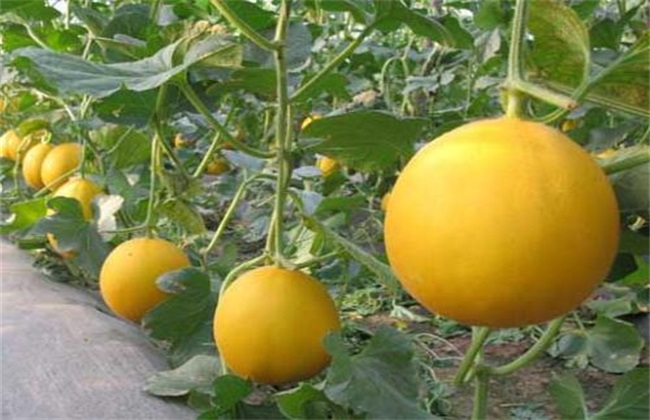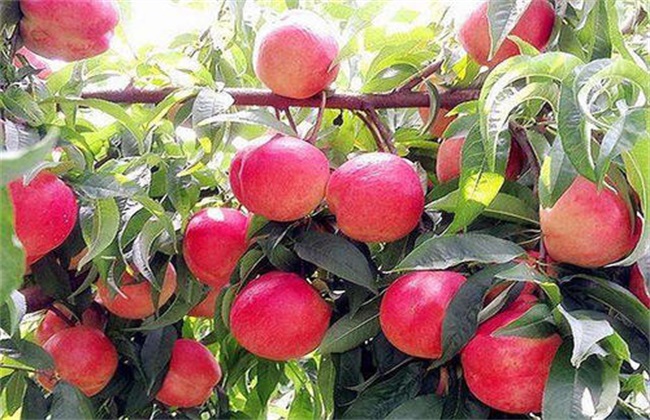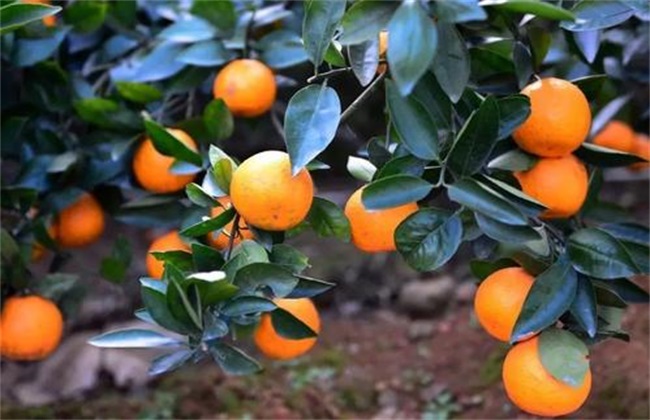High-yield planting techniques of muskmelon
The yield of muskmelon has always been a concern for growers, and the results are often not satisfactory because of the dispersion of its plants. If you want melons to be high-yielding, you can't be careless from planting to harvesting. Let's learn how to make melons high-yielding.

1. Seed screening
Seeds determine the later growth of the plant, so the screening of seeds must be done well in the early stage. Seeds in the process of storage, there will always be some damage, the performance is more obvious is some mildew, seed rupture, such seeds are useless, we should first clean up. The second is to ensure the quality of the seeds, and some abnormal or abnormal seeds should also be cleaned up. High-quality seeds are large and relatively full, and some seeds whose skin color is dim and look very flat also need to be cleaned. This is the first step in ensuring high yield.
2. Time selection
The choice of time will also affect the quality of melon seedlings, February-March is a more appropriate sowing season, this time the sun will not be too strong, but there may be continuous cold weather. In this period of time, to choose the follow-up period of relatively warm weather, so that muskmelon seeds can not freeze to death, or damage, affecting the later growth.
3. Fertilizer and water supply
Sufficient fertilizer and water is the guarantee of its high yield. the root system of muskmelon seedlings is very shallow, so the water is easy to evaporate and needs regular watering, depending on the wetness of the soil, which is generally controlled at about 7-10 days. The emphasis of fertilizer needed in each growth stage is different, this is targeted fertilization, such as organic farm manure at the initial stage, to ensure its various nutritional needs, the growth period can be appropriate to add nitrogen-rich fertilizer to promote plant growth, to ensure the adequacy of fertilizer and water.
4. Artificial pollination
If the sowing time is earlier, there are not many insects that can help melon flowers pollinate in pollination season, so manual help is needed at this time. When pollinating, priority is given to flowers that grow well, and those who are poor or even dying can be considered carefully. Unplanted melon seedlings can probably grow about 7-8 melons, so at this time the number of artificially pollinated flowers is controlled at about 8-10, because there are still some flowers that are pollinated naturally.
5. Pruning and leaving fruit
When the melons grow out, the high yield is basically determined. At this time, as long as the normal growth of these melons can be ensured. When the melon on the plant is not growing well, first see if it is not enough to fertilize. If not, it means that the nutrient supply rate of this plant can not keep up. It needs to be cleaned up properly to ensure that all the other melons can grow well.
If you want to grow melons to be high-yielding, you have to be willing. Being too greedy will lead to other melons not growing well, and your own yield will naturally be low. If you want to have a high yield, you must plant it at all stages and go deep into all the details.
Related
- Moge, come on! The staff of the peasant association in the producing area of cantaloupe were frightened when the crowd gathered.
- Causes and Solutions of low Fruit setting rate of Apple
- Symptoms and control measures of passion fruit virus disease
- Fruit growing lesson: how do apple orchards keep high yields?
- Can you build orchards in the mountains? What are the pros and cons?
- How to manage the coloring period of Crisson grape?
- This paper introduces the processing technology of two kinds of fig products.
- How much is a month for retired teachers in rural areas by 2020?
- How can strawberry planting increase sugar content? We should pay attention to management in many aspects.
- What are the cultivation techniques on how to improve the yield of golden fruit?



